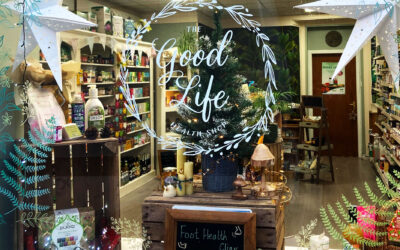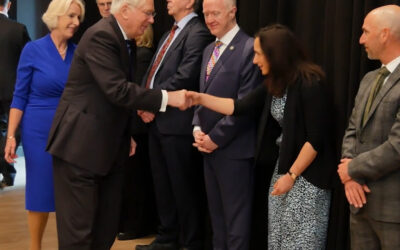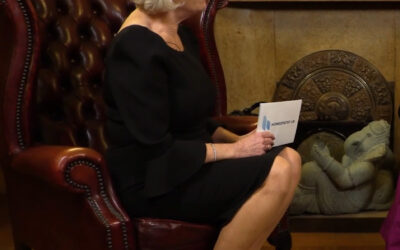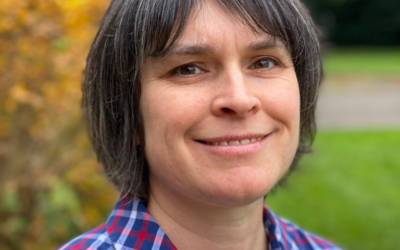To mark the anniversary of the birth of ‘the father of homeopathy’ Dr Mollie Hunton explains how a passion for healing led him to develop this extraordinary medicine.
Samuel Hahnemann was born on April 10th 1755 in Meissen, South East Germany. After qualifying as a doctor he went to work in a mining town in the Hartz mountains. The miners and their families were always ill with problems that he could do nothing about. The medicine of the time consisted of leeching, purging and poisonous medicines, none of which worked. Feeling helpless, he decided he could no longer work as a doctor.
As he was very good at languages he moved to Leipzig and worked translating medical literature. He was asked to translate Cullen’s Materia Medica, a renowned text book for doctors describing every plant used in medicine. Hahnemann knew a lot about plants and how they could be poisonous as well as medicinal. When he read that cinchona, Peruvian bark, was said to help heal malaria, he thought Cullen was wrong.
Hahnemann decided to test it on himself, obtained some powdered bark and took some each day. He recorded everything that happened to him. After a few doses he began to feel unwell, but continued. He soon felt so unwell that he had to stop taking it. When he recovered he looked at what he had written and realised that all the symptoms he had experienced from the mild poisoning were the same as if he had actually had malaria. After researching the history of medicine he discovered that this was a known phenomenon. He learned that ancient Greek doctors had used the “like treats like” effect but when their influence disappeared so did the method. He realised he had discovered a method that could be developed to effectively treat people.
He spent the rest of his life discovering new medicines and the systematic investigation of how to treat using this method. He published his first paper on the method that he called homeopathy in 1796. The word homeopathy is derived from the Greek and means treat like with like.
In Hahnemann’s time there were many epidemics, especially in children. He knew that the poisonous symptoms of the plant atropa belladonna were the same as the symptoms of scarlet fever. So, he offered belladonna to the families in which there was scarlet fever. He also gave it as prevention to the unaffected children.
At this stage he was collecting the plants himself, soaking them in alcohol and water to leach out the essence and then giving drops of it to the children. He soon realised that although the children were cured, they often had an aggravation of their symptoms first. He felt that the dose was obviously too strong, so he started mixing one drop of this solution with 99 drops of water/alcohol mixture. The alcohol was there as a preservative. He labelled the dose 1 C, one in a hundred (centesimal). He felt it was not enough to just mix the plant and water drops together and dilute them. He wanted to activate the medicine, so he succussed it on a book. He stoppered the bottle then struck it vigorously, against the book. This preparation was then tested on the patients and found to work with fewer aggravations. A 2C preparation was then made with one drop from the 1C and 99 drops of water plus alcohol then tested on the children. Continuing in this manner he found that the best preparation for curing without aggravations was 6C.
Throughout his life Hahnemann looked for new remedies from plants, animal poisons like bee stings and poisonous medicines like arsenic and mercury, which, at the time, were used to treat syphilis but at the same time poisoned the patients rather than cured the disease. He treated Napoleons’ armies when they were camped outside Leipzig and had epidemics of cholera and typhus. When he became successful the doctors and pharmacists ran him out of town because he was more successful than they were, so his family were often moving house. After his wife died, he moved to Paris and had an extremely successful practice. People came from all over the world to see him and he trained many doctors who took the method back to their own countries, which is how it arrived in London and was taken up by British Royalty.
This blog is adapted from a chapter in Dr Mollie Hunton’s new book “Life is a Game of Consequences: How and why we become ill”. For more information visit: https://molliehunton.co.uk






